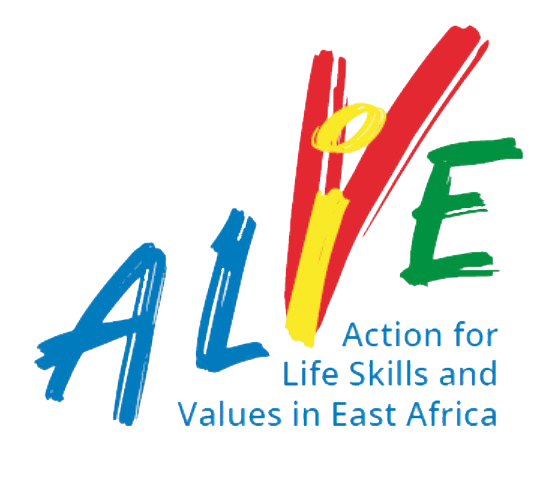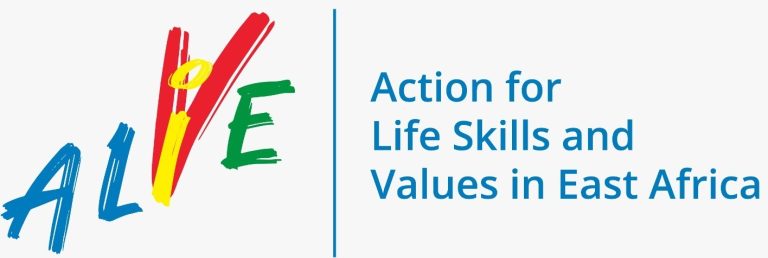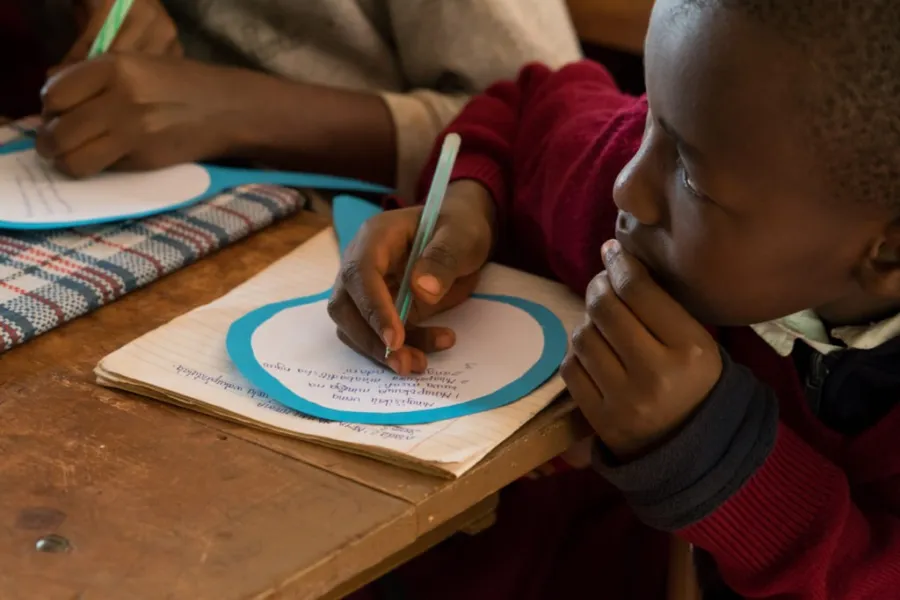The Teacher’s Development and Support cluster members learned about TaRL through a project that was implemented by Uwezo Tanzania, the results of which showed that TaRL is an innovative approach that can be adapted to local contexts and can be used by teachers to support learners who have been left behind. We would never have learned about it without RELI.
For the past five years RELI has demonstrated the power of working through a network and what can be achieved through a collective effort. The network has proved to be particularly relevant in difficult times, such as the covid-19 pandemic. Members of the Teachers Development and Support cluster (TDS) were able to come together and craft resources to help children learn and strive in school and even at home. The first induction and introduction session was conducted in April 2019 in Dodoma. With the help of Sara Ruto and Zaida Mgalla (Uwezo Tanzania), a team from PAL network, which included Winny Cherotich (Kenya), Elizabeth Ndyanabangi (Uganda) and Armando Ali (Mozambique), introduced the TaRL Approach to RELI Tanzania.
One induction training participant, Shadidu Ndosa said, “it was a wonderful introduction to TaRL and we learned step by step how the foundational literacy and numeracy can be taught effectively to children left behind in mainstream classes”.
Immediately after the induction session, TDS decided to contextualise TaRL resources into local language and to use more contextualised examples. Soon the idea to develop resources, training manuals, and frameworks emerged. A committee of three people was formed; Zaida Mgalla, Maryam Ismail and Shadidu Ndosa built upon what emerged during the Dodoma session. By October 2019, drafts of stories that were written during the event were collected and by early 2020, TDS had about 60 stories and a TaRL toolkit ready for piloting in primary schools.
The contextualization process “was incredibly hard work but we finally managed to contextualize TaRL into what we call Jifunze in Kiswahili” said Maryam Ismail.
Between May 2019 and September 2020, HakiElimu hosted RELI members as we worked to develop resources for printing and digitisation in collaboration with Uwezo Tanzania, which acted as technical lead. The digitisation of Aya stories, one paragraph-long stories used to improve the foundational literacy of learners, was done using the expertise of Shuledirect staff. In 2021, the digitised Aya stories were piloted in Global Action Week for Education (GAWE) in Rorya district.
The contextualization exercise was led by trained TaRL champions who invited other members to learn in the process. Members reviewed the resources and made necessary adjustments, translations and prepared a ready to print version of literacy and numeracy teaching manuals.
Following the development of the resources, TDS decided to showcase and demonstrate the impact of the TARL resources at different educational events, including the innovation week held in April 2021 in Dar es Salaam and the improvising teaching resources event held at State University of Zanzibar. The demonstration of TaRL in these events communicated a clear message to the Ministry of Education and the Permanent Secretary in Zanzibar that the ministry should adopt TaRL as a key teaching resource for supporting learners left behind.
Following the success of the TaRL resources more RELI members have enrolled into TaRL training, organised by TaRL Africa and impressively, four members from Zanzibar completed the training. On the Tanzania mainland, TaRL has been earmarked as one of the resources in the teachers continuous professional development plan to be implemented to all teachers led by Tanzania Institute of Education. In thinking about the future of this initiative, we hope to advocate for the adoption of TaRL into teachers’ training colleges and member organisations – institutions which are well placed to support its roll out as an important resource for teachers’ continuous professional development.
One master trainer at the Zanzibar event said “teachers were excited to learn TaRL; they started slowly but then they picked up quickly; asked more questions as they went so that to be clear with approach and TaRL procedure. Interestingly, the trained teachers organized themselves as part of assignment to train their fellow teachers and 75 % of the teachers trained 2 teachers in their schools. In some of the schools they trained more than 5 teachers and others trained all teachers. The most interesting thing while they implemented this program is that pupils’ interest in learning increased as they always remind and insist their TaRL teachers to learn and sing and doing fun games.”
We are looking forward to the next five years when we hope our approach will be fully adapted and integrated into teacher training curriculum and teachers’ continuous professional development for in-service teachers.



